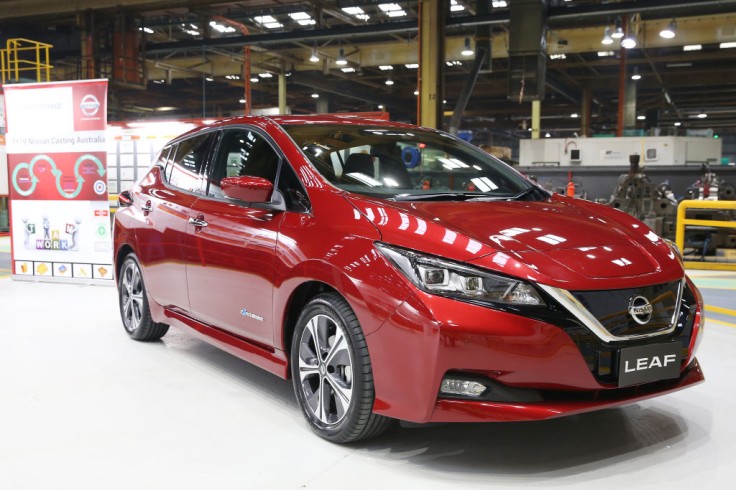
Today's market offers cars with gasoline engines, hybrids, plug-in hybrids, and fully electric vehicles. With the advancement of technology, it is becoming more difficult to choose which car to purchase in the modern world because each one has advantages and disadvantages of its own.
We have compiled all the data you need to know about these different car types to help you make your decision as to which vehicle to bring home with you (via Consumer Reports, Good Housekeeping, and Auto Week).
Gasoline Engine
Since they have been in use for more than a century, internal combustion engines provide a familiar driving experience. Over the years, gas engines have developed into more sophisticated machines that are now astonishingly powerful and fuel-efficient.
Pros of Gasoline Engine
It provides a familiar driving experience
It is simple to operate and easy to fuel
It have a driving range that allows them to be used on long-distance journeys
Lower upfront costs when buying them
Cons of Gasoline Engine
Emissions are produced by burning fuel
Hybrid
Since the electric engine is more efficient at slower speeds and the gas engine is more efficient at faster speeds, you have the best of both worlds. Additionally, a hybrid car's battery is charged by the gas engine, so you won't need to worry about finding an outlet.
Pros of Hybrid
- When compared to cars that only run on gas, they emit fewer emissions
- They don't require to be plugged into an outlet
- You can refuel at regular gas stations
- They usually have more powerful than their gasoline-only counterparts
Cons of Hybrid
- More expensive than gas-only cars
- A type of continuously variable transmission is frequently used, which might result in an engine revving more than usual compared to how quickly the car accelerates
Plug-In Hybrid
Plug-in hybrid electric vehicles (PHEV) increase fuel efficiency by integrating gas and electricity. There are two basic types of PHEV: parallel, which uses both an electric motor and a gas engine to drive the vehicle, and series, which uses an electric motor to drive the vehicle and a gas engine to charge the battery when it runs low.
Pros of Plug-In Hybrid
- Even once the electric range is exhausted, they still have good fuel efficiency
- They offer the advantages of a pure EV for short rides while maintaining a gas engine for longer excursions without concerns about charging or range
Cons of Plug-In Hybrid
- They are more expensive than gasoline-powered or standard hybrid vehicles
- Owners must constantly recharge in order to receive full efficiency benefits
- After the battery's been used up, some PHEV are less fuel efficient than ordinary hybrids
Fully Electric
Cars with fully electric engines have no emissions and typically have a range of less than 100 miles per charge. Before you consider purchasing, make sure you have the necessary infrastructure in place, such as nearby certified electric service centers and charging stations.
Pros of Fully Electric
- Charging typically costs less than buying petrol
- Because they have fewer and simpler components, they frequently require less maintenance
- No emissions from the tailpipe
- They are usually quiet
Cons of Fully Electric
- They are expensive
- Any long-distance trip requires planning for when and where to charge
- Even DC rapid charging in public places can take 30 to 60 minutes. Standard charging takes hours to complete
- Driving distance is impacted by extreme cold or heat and cabin climate control









